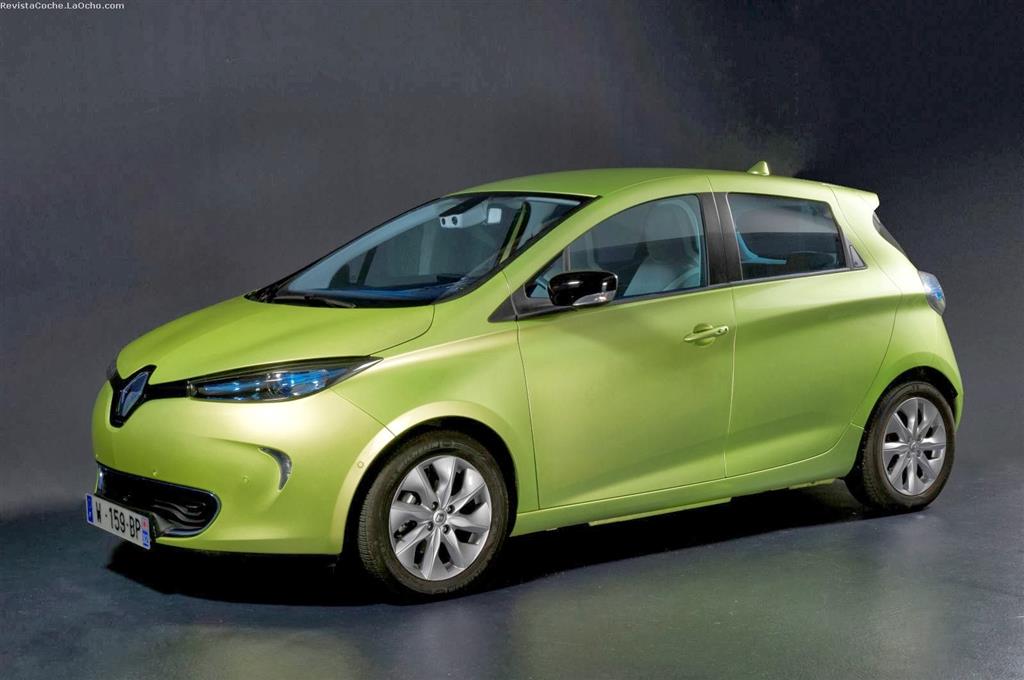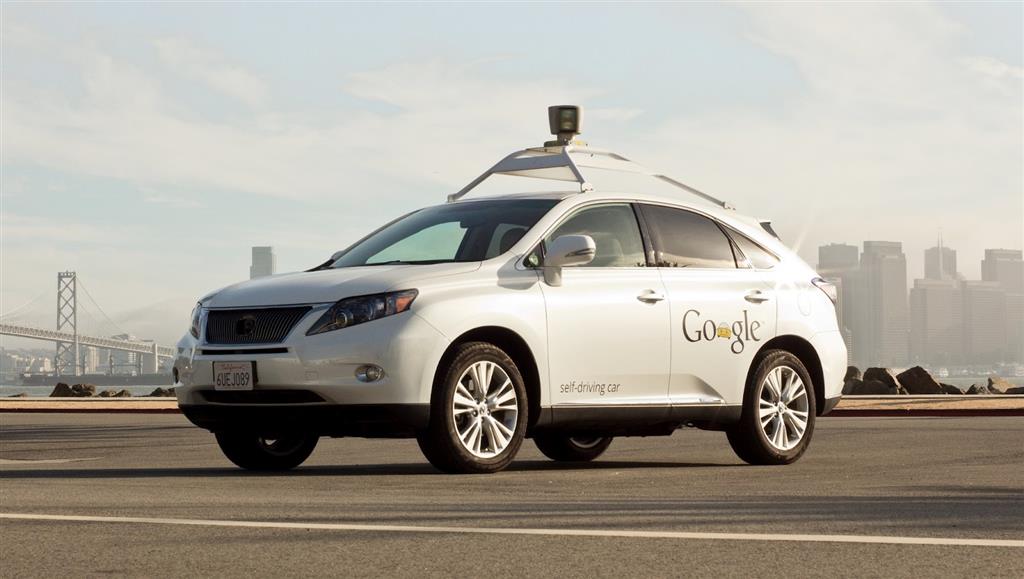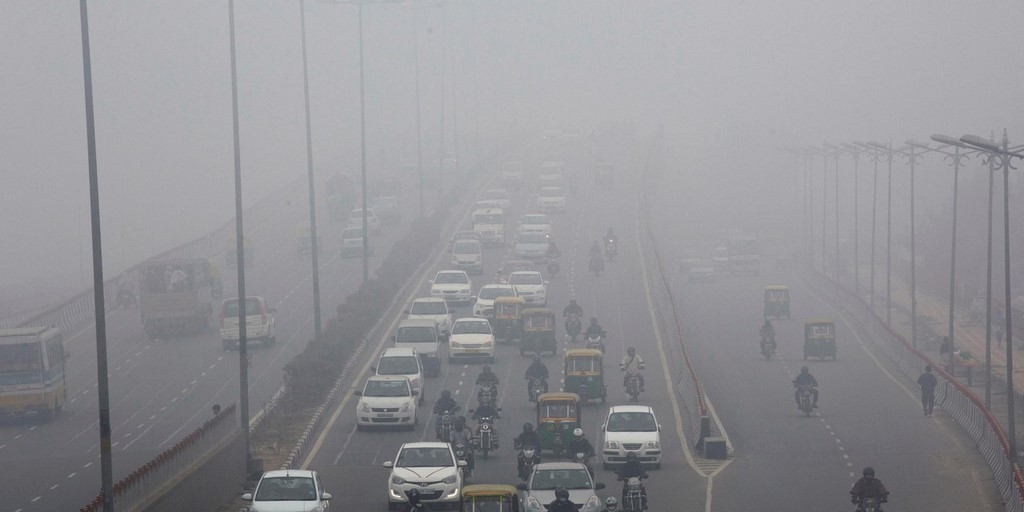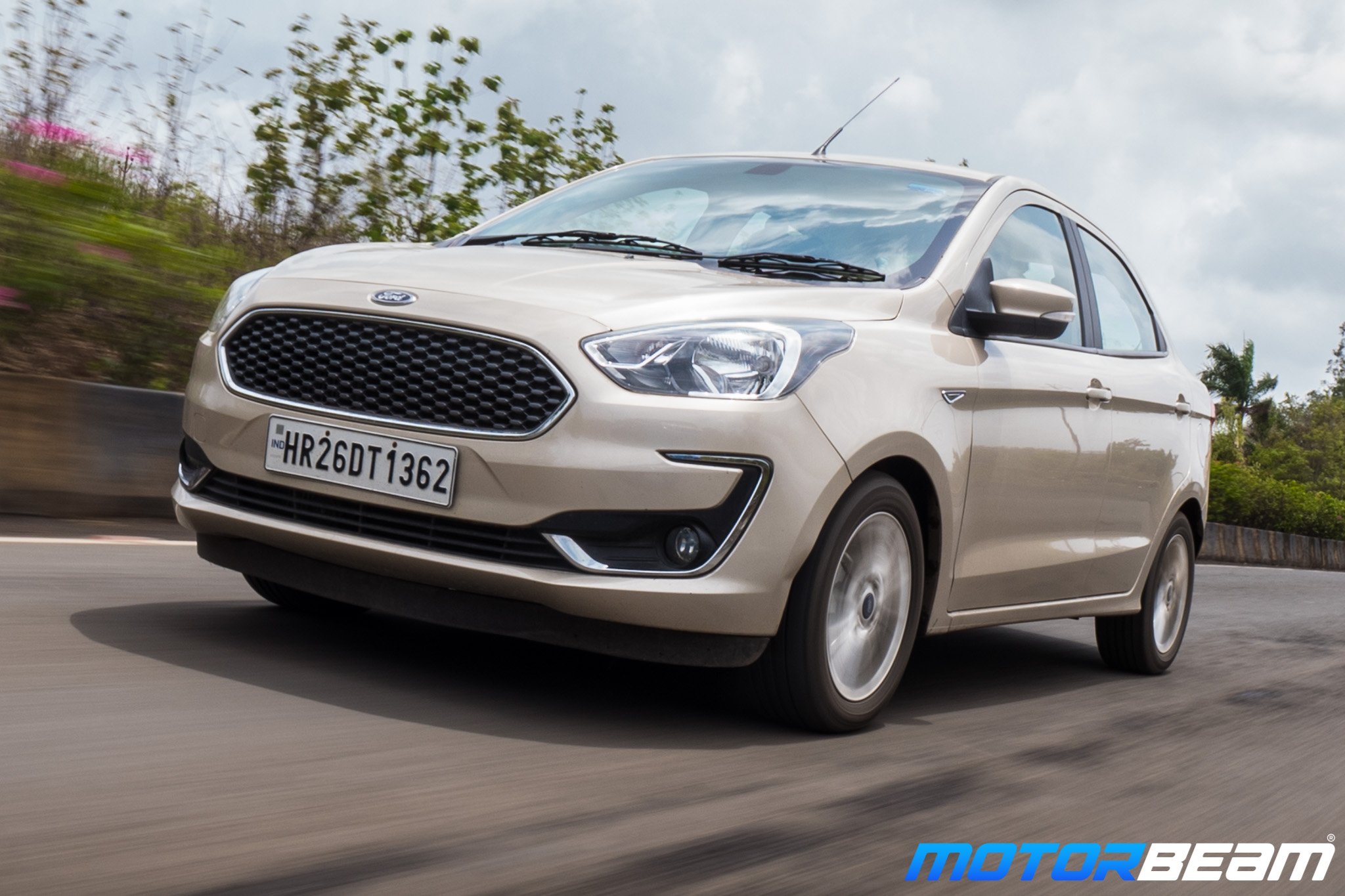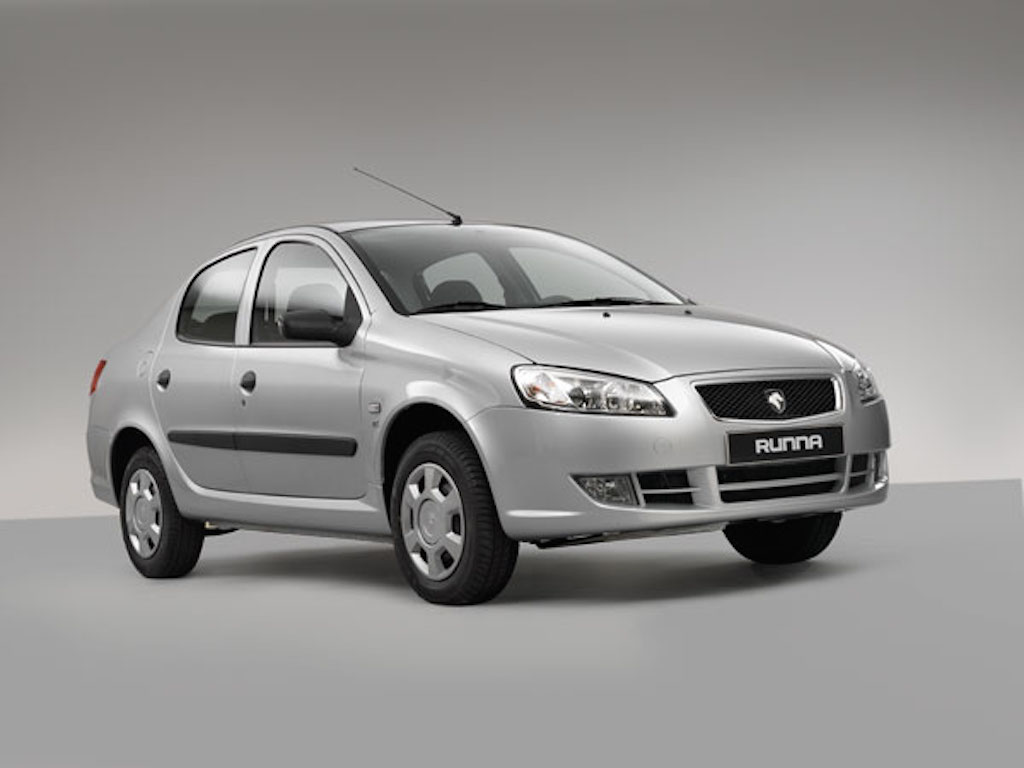A lot of buzz has been generated around self driving or autonomous cars. While Google tested its self driving car in 2012, Mercedes demonstrated its autonomous S-Class in August last year. Now, Renault-Nissan CEO Carlos Ghosn has stated that self-driving cars may hit the roads by 2018 provided they are cleared by the law and no other legal matters related to these arise. While it may sound as a great news that these autonomous cars will finally ply on roads, what remains to be seen is how this technology survives in day-to-day conditions.
Self-driving cars rely on GPS systems and various cameras to get inputs of surroundings and this information is transmitted to the in-built computer that drives the car around. Renault has developed the Next 2 prototype of the Zoe model and the vehicle has the ability to control itself autonomously at speeds below 30 km/hr. However, a human would still be required to be seated in the driver’s seat since technology cannot always be 100% reliable. These cars will also require special laws to be passed, since it would be difficult to ascertain whom to blame in case something goes wrong.
There was a meeting held at the United Nations where an amendment was passed which allows drivers to let go off the steering wheel in a self-driven car. The amendment states that an autonomous car should have a function which allows a driver to switch off the self-driving feature manually. It also states that a driver must always be seated in the car. Countries like Germany, Italy and France are all set to bring out self driving cars before the U.S, however Renault-Nissan’s CEO feels that it would be France, Japan and the US where self driving would first hit the roads followed by commercialisation in Europe by 2020.
[youtube:https://www.youtube.com/watch?v=FZX2SbWjMH8 540 375]


